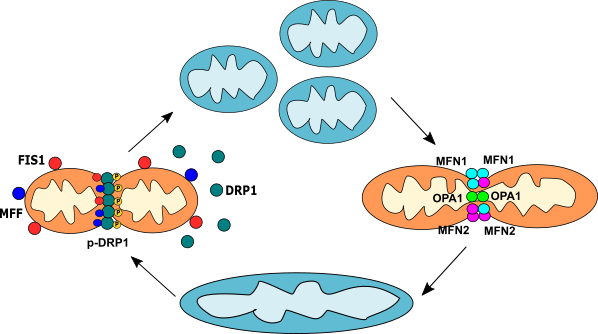Tumor cells exhibit several metabolic, molecular, morphological, and functional alterations, which provide them survival and proliferative advantages, and mitochondrial alterations are thought play a pivotal role in tumorigenesis and cancer progression. Mitochondria were (and still are) considered as the “powerhouse” of cell, since they generate more than 90% of ATP in aerobic conditions through the oxidative phosphorylation. However, mitochondria play several other important functions inside the cells, including participation in the regulation of Ca2+ homeostasis, generation of free radicals and oxidative species, triggering/regulation of cell death, among others. Also, mitochondria are highly dynamic organelles, which undergo morphological alterations resulting in a connected (fusion) or fragmented (fission) mitochondrial network, inside the living cells, process was referred as mitochondrial dynamics. Thus, our research goals are centered in studying the mitochondrial (dys)functions in cancer and the metabolic and molecular alterations exhibited by tumor cells, to contribute to the better understand of tumor biology and prospect new targets and drugs for antitumor chemotherapy.
